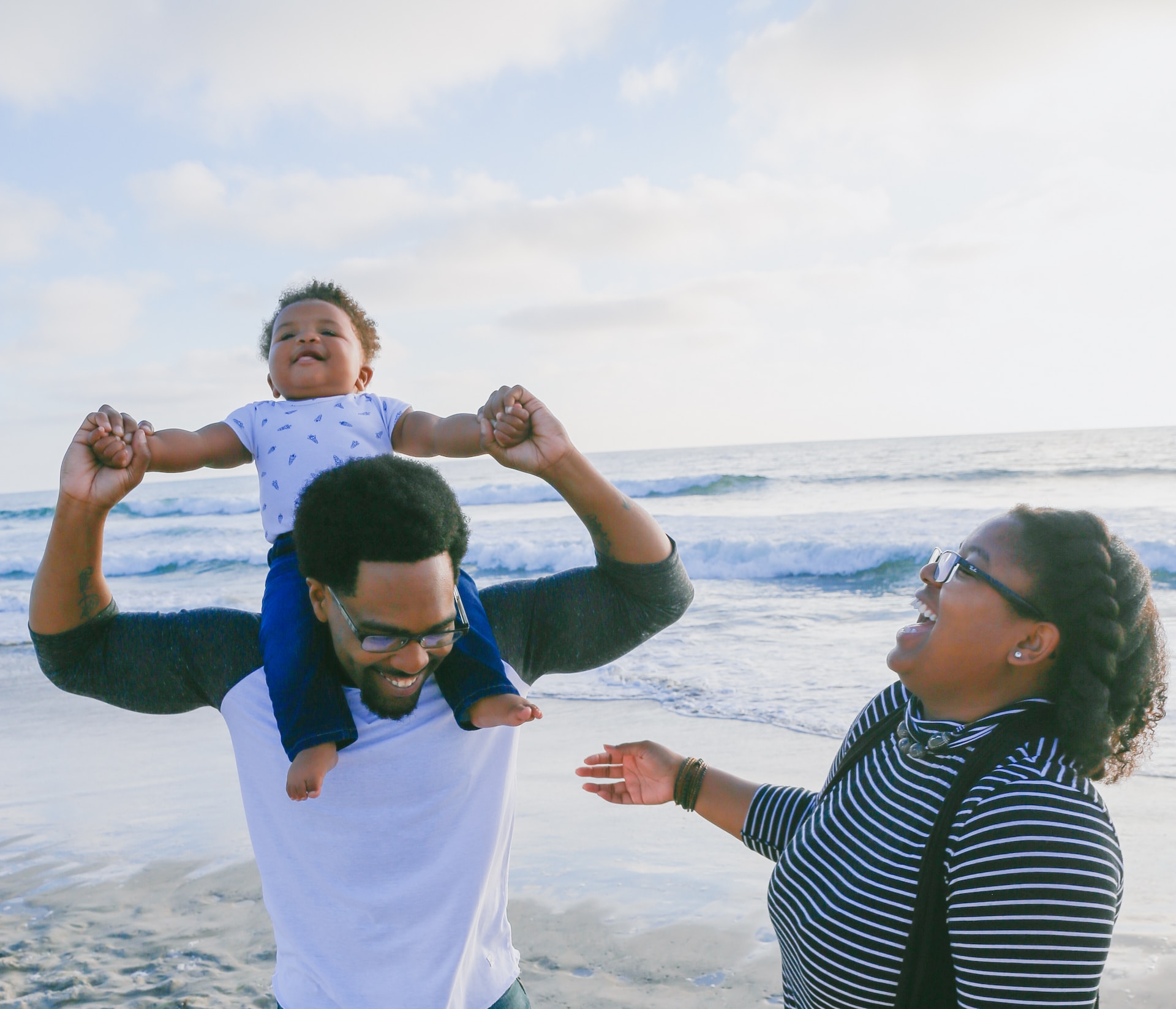As National Plan for Vacation Day approaches, 8 in 10 Americans believe in the importance of using their time off to travel. Despite this, more than half of American workers report that they do not use all of their days off (55%), resulting in 768 million unused vacation days.1,2
However, after international travel became nearly impossible in 2020, many consumers have a newfound zest—leading to a trend that is seeing countless people traveling for longer and more frequently. In the first half of 2022, European airports saw an almost 250% increase in passenger volumes. So, while the U.S. may lack an official vacation guarantee, the spirit of travel is undeniably alive and well among the nation’s workforce.3
We’re seeing travelers return to pre-pandemic mindsets in many ways, including an exploding interest in cultural experiences and renewed excitement for travel abroad. With this in mind, Viator surveyed 3,000 Americans to uncover what they would give up for a vacation.
Q1: “Which of the following luxuries would you be willing to give up for a vacation?”
|
“Luxuries” |
Total responses |
Percentage |
|
Online shopping sprees |
1,204 |
42.50% |
|
Daily coffee takeout |
1,048 |
37.00% |
|
Gym memberships |
986 |
34.80% |
|
Dinner takeout |
984 |
34.70% |
|
Online streaming and entertainment services |
924 |
32.60% |
|
Dining out at restaurants |
860 |
30.30% |
|
Sports season tickets |
830 |
29.30% |
Viator can reveal that over two-fifths of Americans express would sacrifice online shopping sprees in return for a vacation (42.50%). Recent reports highlight that the average American’s monthly spending on impulse purchases is $314, equating to almost $3,800 per year, which could go towards a vacation or traveling.4 Almost two in five Americans would give up daily coffee takeout in exchange for a trip (37%), which could save the average American woman $2,327 per year and the average male $1,934.5
Utah residents were most likely to sacrifice online shopping sprees, where 33 in 50 said they would be willing to do so for a vacation (66.67%). This is closely followed by those living in Oklahoma (51.43%) and Ohio (49.53%). Indiana residents were least likely to be willing to give up online shopping sprees in exchange for a vacation—where just over a quarter would do so (27.87%)—followed by those living in Kentucky (30%) and Wisconsin (32.08%).
Gym memberships and dinner takeout appears to be just as important to Americans, but over a third find traveling more important, and would forgo these luxuries in exchange for a vacation. Consumers’ wallets are being impacted by price increases on everyday products such as gas and groceries, but their desire to experience the world has not faltered. In fact, the average American could save $3,500 per year by giving up eating out, according to the Bureau of Labor Statistics—this saving could fund a solo trip, long-haul flights across the world or luxury tours.6
Americans were least willing to give up sports season tickets in exchange for a vacation, where less than a third reported they would do so (29.30%). Similarly, just 1 in 3 would choose travel over dining out at restaurants, of which giving up could save the average American $1,992 per year.7 Despite increasing expenses, many Americans are now considering the allure of travel, prompting them to reevaluate spending habits in pursuit of enriching experiences worldwide.
Q2: “Would you be willing to take unpaid time off in exchange for an extended vacation?”
|
Answer |
Total Responses |
Percentage |
|
Yes |
1,895 |
63.20% |
|
No |
1,105 |
36.80% |
Viator’s survey uncovered that the majority of Americans would be willing to take additional unpaid time off in exchange for an extended vacation, with 6 in 10 of those surveyed reporting that they would be willing to do so (63.20%). In comparison, less than 4 in 10 respondents said they wouldn’t be willing to take additional unpaid time off to travel (36.80%).
These findings illuminate a significant shift in American attitudes toward work-life balance and travel priorities. The willingness to take additional unpaid time off for an extended vacation underscores a growing recognition of the value placed on experiences and making memories. This trend reflects not only a desire for more leisure and exploration but also suggests a potential evolution in workplace expectations.










